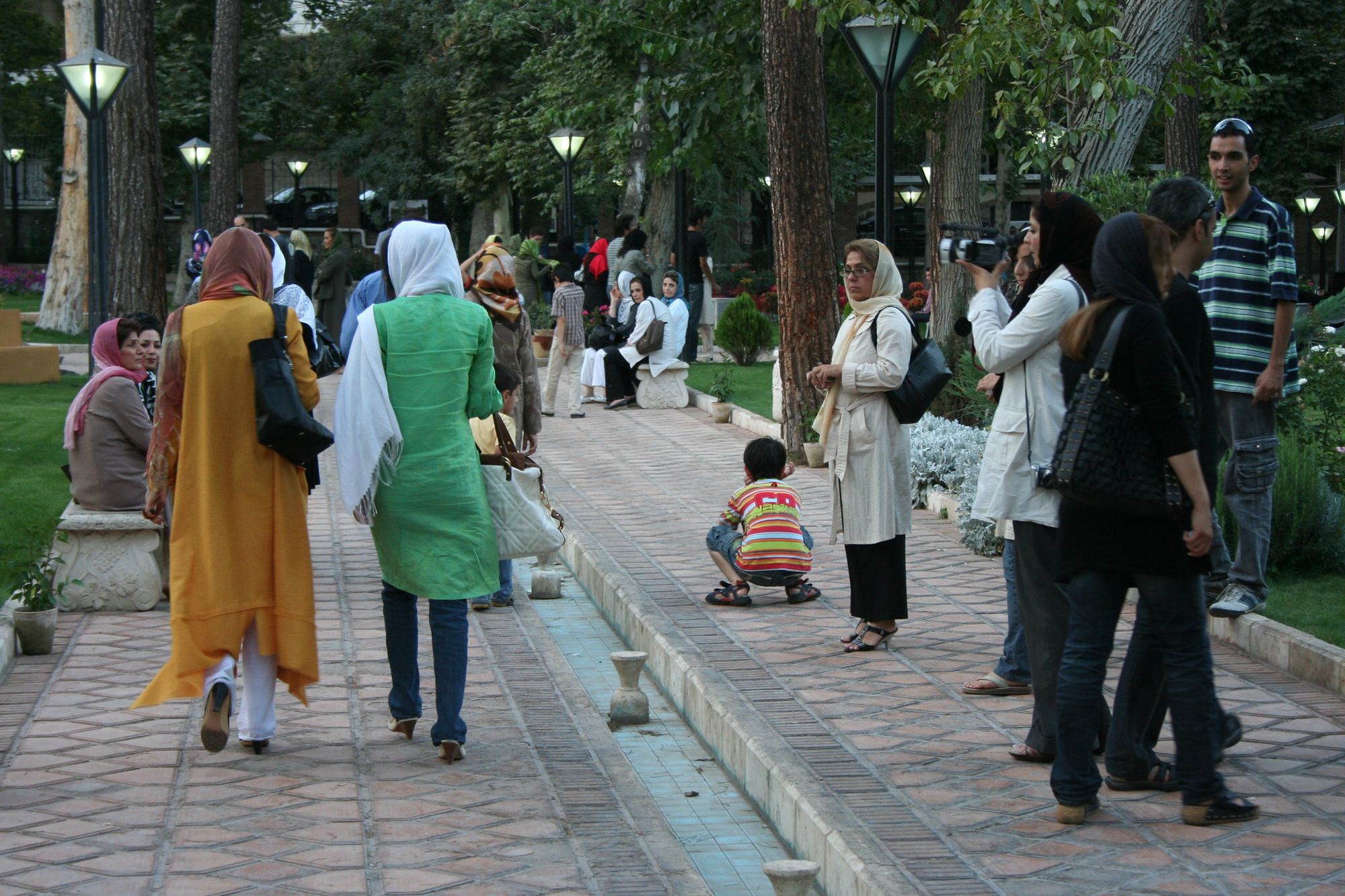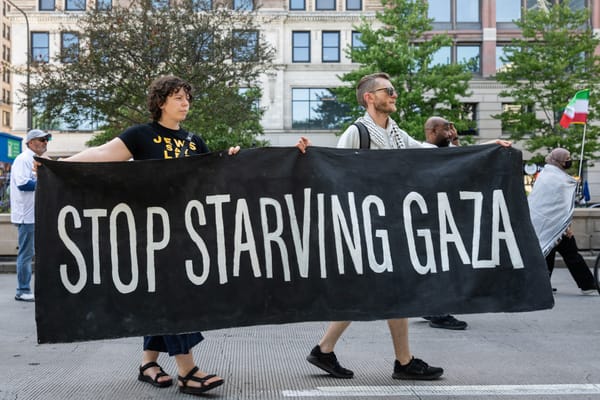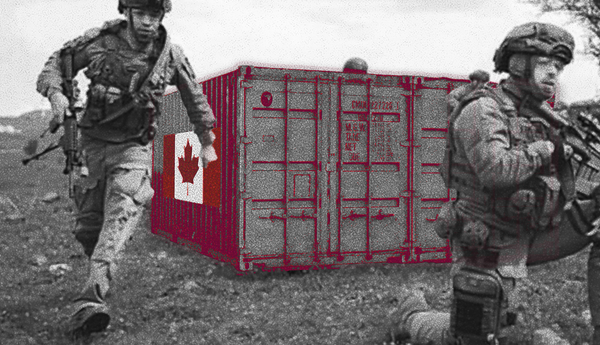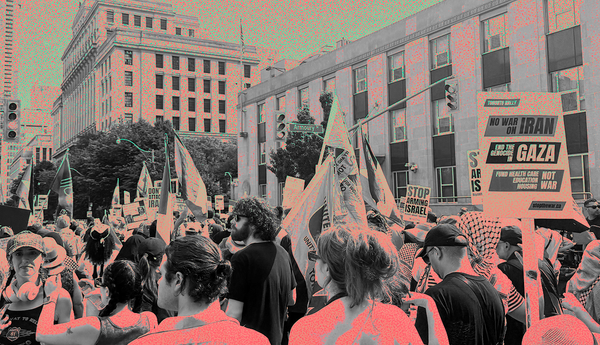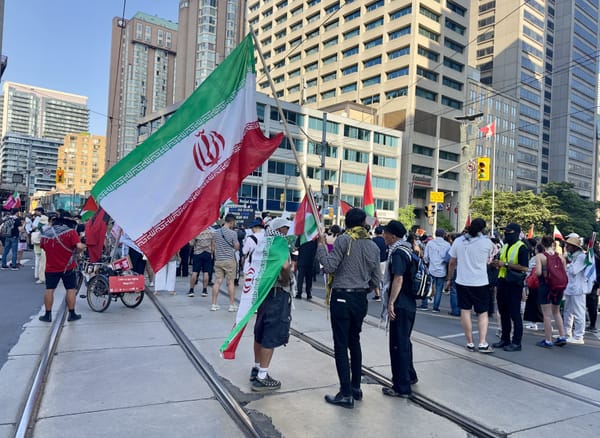Despite recent closures of businesses and services across the country, for most Canadians the coronavirus is still largely an impending, rather than present, medical disaster. Though it will likely change by the time this article is published, most of us still don’t know anyone suffering from coronavirus, and are staying at home due to government advisories rather than direct threat of exposure.
But there are hundreds of Canadians trapped in a country where coronavirus is wreaking havoc, where nearly 10 per cent of parliament has tested positive, where the streets are empty and where the sight of ill people collapsing in public is common. This country is Iran, where suffocating sanctions have weakened the country’s medical response to such an extent that even testing kits donated by the World Health Organization face difficulties entering the country.
These Canadians are stuck in a terrifying situation, and increasingly feeling abandoned by their government. While many countries — including Malaysia, India, Qatar, the United Arab Emirates, Kuwait and Bahrain — have evacuated citizens from Iran, these Canadians, numbering at least 720, have been told to find their own way home by Foreign Minister François-Philippe Champagne, who has insisted for weeks that “commercial means” for return are available.
However, as Champagne knows, commercial flights have been effectively impossible for the majority of people stranded in Iran since at least late February, as the country has been completely shut off from the rest of the world. Its neighbours have closed land borders, and commercial flights have all but stopped serving the country, with the few airlines still active only taking passport holders from their home country. To get out of Iran, you have to get extremely lucky and be willing and able to spend thousands.
Meanwhile, these Canadians have been warning of the dire consequences of their predicament for weeks. They’ve been unable to support their families’ financial needs and meet their obligations, face potential unemployment, and are at increased risk of being infected and potentially dying.
As the vice president of the Iranian Canadian Congress (ICC), I’ve had to read many tragic stories where the primary income earner of the family is stuck in Iran, where children are separated from their parents and where graduate students are worried about having their acceptances rescinded. But the most tragic is perhaps the case of Alireza Zuie, whose son Joseph had been in contact with the ICC and the Canadian government, warning officials for weeks his elderly father was in danger and begging for his return.
The government’s response to Joseph was the same as for all Canadians stuck in Iran: Take (non-existent) commercial flights. In Zuie’s case, the government’s inaction and willful deflection resulted in his death from a suspected coronavirus infection.
This piece could stop here. The above should be enough to make the case that Canada needs to bring the stranded back, quarantine them and then let them go home if healthy. However, embedded in the morally callous government policy is a breathtaking incompetence in the midst of a public health crisis.
Canada has shown it’s able to bring people home from abroad. In the case of China, although Canada delayed at first, it was able to eventually bring back stranded citizens, quarantine them for two weeks at an army base and then send them home. In contrast, right now the few Canadians able to leave Iran are coming home in planes, sitting in airports and taking public transportation with others, exposing them to the virus and helping it spread.
As such, it isn’t surprising that before the recent wave of American coronavirus cases, approximately half of cases in Ontario and British Columbia, the provinces most impacted by the pandemic thus far, were either Canadians stranded in Iran or in contact with them.
The Canadian government has been tight-lipped about why they’re leaving hundreds stranded in Iran, saying there are no plans for evacuation. Behind the scenes, I’ve been told the main issue is a lack of political will in the upper echelons of Prime Minister Justin Trudeau’s government to evacuate Canadians in Iran. Considering how easily the government evacuated Canadians in Wuhan, a city in China, even an outside observer can see that a lack of will rather than a lack of resources or the existence of logistical issues too complex for the average person to understand is behind the inaction.
It’s unclear at this point why the government acted in China but refuses to do the same in Iran. What I’ve been told by individuals who advocated for the Wuhan evacuation, however, is that the government was similarly unwilling to act in that case. What eventually forced the government to act was a combination of pressure from media, opposition politicians and the families of the stranded. In the Iran case, a similar pressure campaign may be needed, but action could be hampered by a lack of diplomatic relations with the country, which is entirely Canada’s fault.
Whatever the reasons behind Canada’s inaction, it’s clear a government that prioritizes the safety and security of Canadians would act, not only for the hundreds of Canadians stranded there, but also to control the most serious medical crisis of our generation.
Canadians have reason to question whether our safety, rather than political expediency, is the highest priority for our government.

